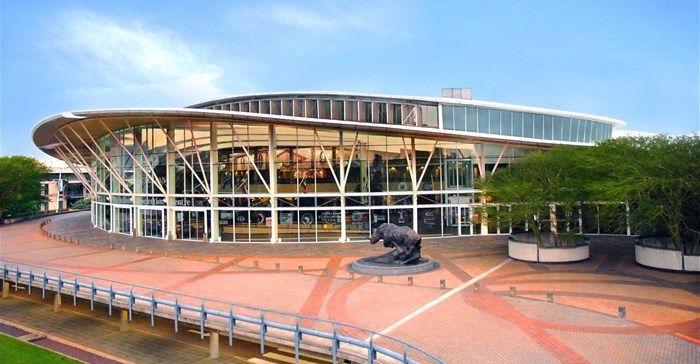
Top stories





Marketing & MediaAds are coming to AI. Does that really have to be such a bad thing?
Ilayaraja Subramanian 8 hours

More news


















Only 35 cities from five continents participated in the first GDS-Index, which launched internationally in 2016. The early adoption of the index by these cities is testimony to South Africa’s commitment to making the country a sustainable destination for business events and tourism.
The Chief Convention Bureau Officer of the South Africa National Convention Bureau (SANCB), Amanda Kotze-Nhlapo, says, “Hosting any business event is a resource intensive activity, from the transportation of delegates to utilising huge amounts of energy for event productions and food preparation. But business events also have the power to transform people’s lives and to develop businesses into sustainable employment opportunities. So it is extremely important that our country provides sustainable solutions which not only include greening guidelines but include profit and people solutions.”
The Event Greening Forum (EGF), a non-profit organisation dedicated to promoting sustainability within the business events industry, facilitated the GDS-Index application process. Justin Hawes, the EGF Chairman, says, “This was a great opportunity for an African country to be a part of an innovative global sustainability movement. To use a soccer analogy: South Africa now has a soccer team. We might not be in the first division, yet, but at least we are in the game and are not spectators in the stands.”
Each city’s score is calculated by its performance across four criteria: city environmental strategy and infrastructure; city social sustainability performance; industry supplier support (restaurants, hotels, and convention centres); and Convention Bureau strategy and initiatives.
While the South African cities are not ranked at the top of the list – Durban scored the highest at 19, followed by Cape Town at 21 and Tshwane at 23 – this is still a significant move towards improved sustainability, as it benchmarks how each city is performing compared to other international destinations, as well as where improvements are most needed and what challenges each face.
Sello Mphaga, acting chief sustainability specialist for the City of Tshwane, says, "The listing on GDS has been a necessary and progressive move for a city that has committed itself to a sustainable development trajectory. It has shown that the swathe of sustainability initiatives being implemented by the city supports the tourism, hospitality and events industry to operate more sustainably. Moreover, it has shown that we need to strengthen our partnerships with this industry to ensure a greater and measurable uptake of greening actions to bolster its reputation as being truly resource efficient and resilient whilst narrowing the social divide. Benchmarking is a healthy form of competition and certainly points us in the right direction should we wish to be internationally competitive."
Greg McManus, vice chairman of the EGF, was very involved with the GDS-Index application. He acknowledges, “This has been an important step towards advancing the sustainability of the events landscape in South Africa. Government departments, especially at the municipal level, tend to operate as independent silos. The GDS-Index application has got people talking across departmental lines, sharing challenges and documents, and exploring how they can work together to improve their city’s scores, which is very promising.”
The next GDS-Index assessment will happen in 2018, giving the cities time to work on improving their performance.